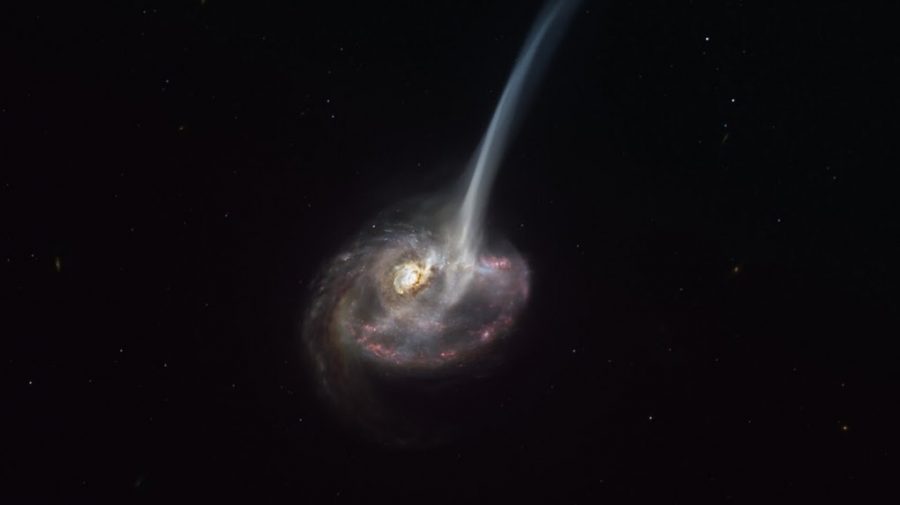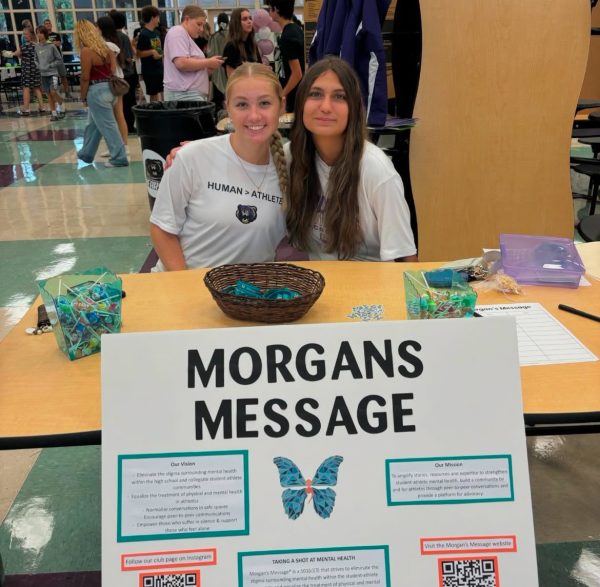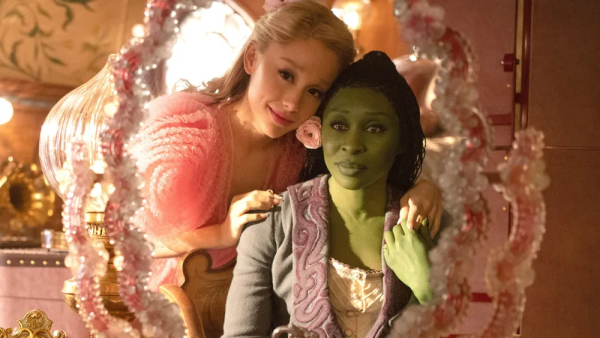Researchers Expand On Galaxies
The universe holds billions upon billions of galaxies within. Galaxies consist of dust, dark matter, and stars which last on average a total of 10 billion years depending on the size, when galaxies die, stars that reside in said galaxy have stopped forming. This phenomenon has been seen by the human eye for the first time in a distant galaxy by the name of ID2299. When viewing various objects in space, the light that reaches Earth is delayed through light years, meaning that ID2299 died many years ago.
Fascinated by the universe, sophomore Allie Nichols shared her interests by describing her curiosity. “I like the idea that we as humans have a fixation with big orbs of gas. It’s a whole world outside of our own,” she stated. Nichols had taken a liking to astronomy since her middle school days and from that point forward has made it a hobby. She recognizes that Earth and the humans that inhabit it are mere specks in the vast outer space.
Upon discovering a galaxy has died recently, Nichols assured others and explained, “It’s a bit morbid, but I don’t think humankind will be here to see any such phenomenon. We’ll be long gone before our solar system essentially dies.” Due to researchers onlooking this event in real time, studies have been made to improve and contribute to astronomy. Nichols believes that this discovery will allow scientists to have an enhanced understanding of galaxies and their life cycles.
While the Milky Way has about 5 billion years till the Sun dies, it has slowly but surely increased in size and will eventually pass Venus’s orbit. This affects Earth’s temperature causing the surface of the Earth to crisp. By then, Andromeda would collide with the Milky Way. Nichols stated that she is glad that she won’t be on Earth to experience such a phenomenon. For the most part, outer space is an expansive area that has yet to be explored. With the help of technology and growing knowledge, more of space will be discovered and understood by mankind.












